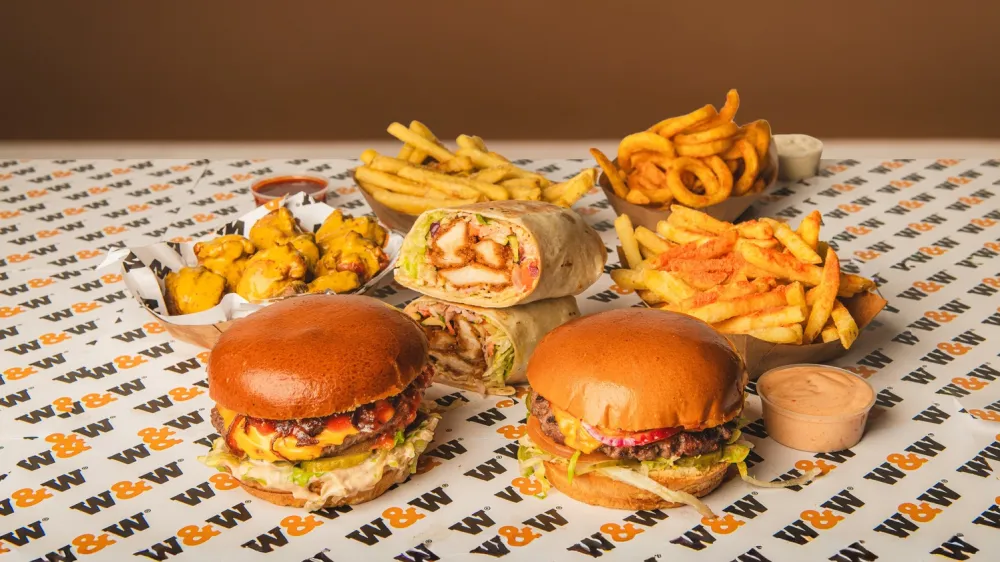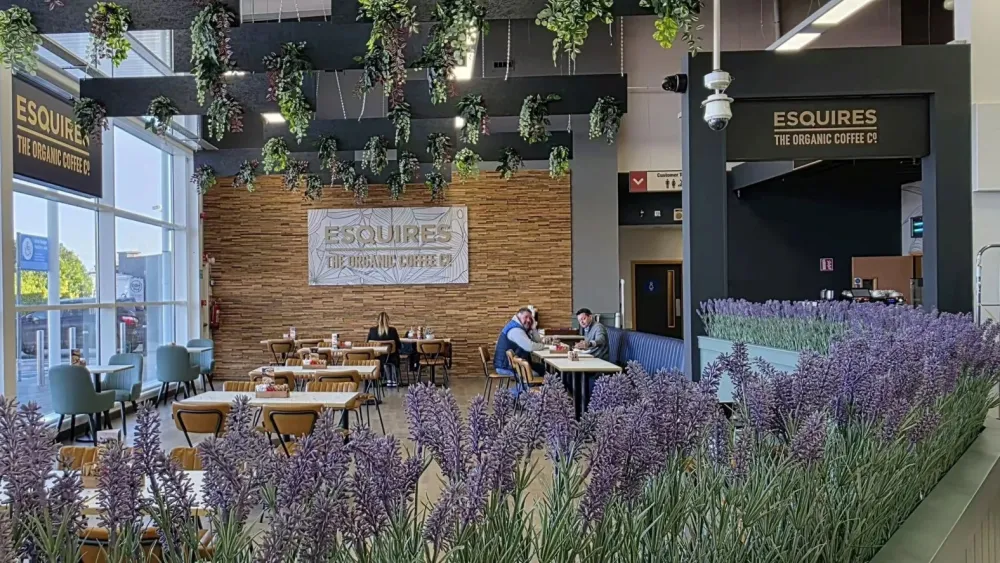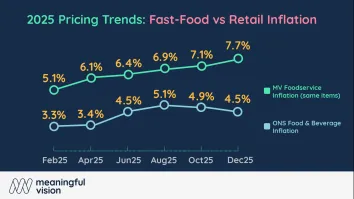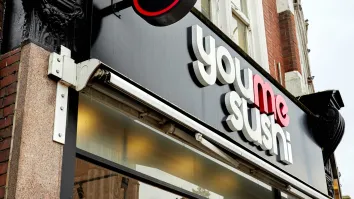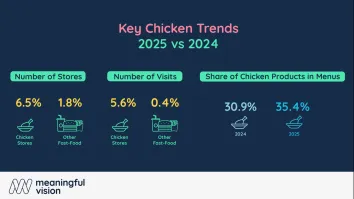Considerations for new entrants to the UK restaurant industry
By Lisa RaymondDespite unique stressors, there have been a marked increases in global franchises entering the UK market.
The UK has always had a thriving quick-service restaurant industry. Despite the unique set of stressors it currently faces post-pandemic, such as: high inflation rates, soaring interest rates, heavy utility costs, a fall in staff availability (due in part to Brexit) and an increase in the cost of raw materials, there has been a marked increase in the number of global franchises wishing to open here. In the last few years alone, we have seen Wendy’s, Popeyes and Wingstop open in the UK to great acclaim. Others are also eyeing the UK market now.
There are a number of factors for potential new entrants to the UK market to consider and as the UK property (real estate) market is quite different to that in other jurisdictions it pays to get familiar in advance with the requirements and terminology so that you can get your offer right.
Trading options
There are broadly three trading options in the UK: as a limited company, a partnership or in an individual's personal name. The first option - as a company - is the most popular simply because it affords a measure of protection for the individuals behind the company if the venture does not work out. It is also the model that is most familiar to landlords here.
The Site
There are various ways to identify a suitable location so consider your offering and where it might best be suited.
You can look yourselves for sites if you are familiar with the UK or you can use the services of professional agents to source them. There are also companies to help you understand consumers and location data so that you can best target where you might want to be.
Once you have identified your site and made a successful offer for it, you will find out how it is intended that you will hold the site and in what capacity.
Lease
The most common way to hold the site is to be offered a new lease is direct from the owner of the property (the “landlord”). The terms of the lease will be negotiated between you both, including the rent payable, any rent free period (usually given to compensate you for any period of time during which you may be fitting out the property and unable to trade from it) as well as the length of time you will be expected to commit to the site ( the lease term).
Many new entrants try to agree an opportunity to end the lease early if it doesn’t work out (a “break clause”). These can be agreed at any point, but a common formula is after the first two years (to give the venture a proper chance) and then again at a five-year point.
Most lease terms run for between five and 15 years. The advantages of a shorter term are obvious in offering you a chance to try out your venture without too long a commitment; these wouldn’t generally have a break clause. A longer-term is more popular with landlords and may also offer you security if the venture does succeed in that your occupation is secure for longer; it is in the longer length leases that break clauses are commonly negotiated say, at the two-year and five-year point.
Sublease
This is where you are offered a new lease but not by the actual owner of the property and instead by the current tenant itself. A sublease must usually mirror the terms of the headlease. Some terms that are open for negotiation in a sublease include the length of time that you are expected to commit to the site and to some degree the rent that you pay (although the tenant will also want that to mirror as closely as possible the rent that it pays to its own landlord).
Purchase
This is where you purchase a lease already in existence from the tenant. This may occur in situations where the tenant’s venture has not worked out or it wants to leave the site for another reason but cannot do so as it is committed to the lease. It then markets the lease for the remaining length of the term; however, the terms cannot be changed. You will usually pay a purchase price (a “premium”) for the purchase of the lease to the tenant seller. You will also need the consent of the landlord.
Purchasing the freehold of the property is another option but, due to the cost, is not a favoured route of new entrants to the market.
Licence
This is a short-term document and is the most temporary way of holding a site. It can be for as short a term as six months and isn't generally a good bet for a new entrant to the market as it doesn’t give any security beyond its short term and therefore not a suitable amount of time to try out the venture. It is sometimes offered where an owner has other plans for the site (such as redevelopment) but is happy to let it for a short-term pending that.
Landlord’s Consent
Approval is usually based on financial terms and landlords want to see that the new occupier can pay its rents and has some kind of track record (even if that is overseas) in operating restaurants.
To secure financial liabilities many landlords will want rent deposits and/or guarantees. If this is a new lease direct from the landlord, then much is down to negotiation. It is common to be asked for between 6-12 months’ rent up front as a rent deposit and/or a guarantee. A guarantee is usually by a director of the company given to the landlord and will make that director personally liable for the rents and other lease commitments if the company tenant does not pay them.
If you are buying an existing lease, then what that existing lease says will be the starting point for negotiations with the landlord. For example, most existing leases allow the landlord to ask for a guarantee and/ or a rent deposit. Your solicitor will be able to read the existing lease and advise you what the landlord can ask for and what might be expected from you in the current market.
Other consents necessary to trade include:
- Planning Permission — This is necessary if you are developing the site or carrying out any alterations requiring planning permission. Planning permission is obtained from the Local Authority responsible for the area in which the site is situated.
It should be noted that ventilation, extraction and /or air conditioning equipment installation or material variation will need a planning consent, taking between eight weeks- three months for a Local Authority to process.
- Building Regulations Approval — This is required in kitchen re-fit projects incorporating works such as moving kitchen sinks or installing drainage for a new dishwasher. It’s needed when installing or making alterations to services such as plumbing, electrics, gas installations air conditioning and drainage.
- Premises Licence — A Premises Licence is issued by the Local Authority and allows sites to open late at night or to sell alcohol. The terms of any such licence must be checked carefully for compatibility with what you want to do as the form of licence is eventually transferred to you. In some areas, particularly Central London, it is very difficult to obtain new licences so that should be borne in mind.
- Street Trading Licences — Your operation will need a Street Trading Licence if you want to put tables and chairs on the pavement or within seven metres of a public road. If the site is currently trading like this, you will need to apply to the Local Authority in order to continue trading in the same manner.
- Food Business Registration — You will also need to register with the Local Authority whenever you start a new food business or take over an existing one at least 28 days before opening.
Insurances
Insurance of the site itself is usually undertaken by the owner/landlord. Any other insurance will be your responsibility and these commonly include public liability insurance and possibly product liability insurance and business interruption insurance as well as contents insurance. Insurance can protect your business against accidental personal injury damage or damage to belongings in relation to your visitors and customers.
There are lots of factors to consider when entering the UK market; it’s an exciting time to be in the UK and many brands are enjoying a rollout expansion here.

